IMG_2718.jpg
使人生圓滑進行的微妙的要素,莫如「漸」;造物主騙人的手段,也莫如「漸」。在不知不覺之中,天真爛漫的孩子「漸漸」變成野心勃勃的青年;慷慨豪俠的青年「漸漸」變成冷酷的成人;血氣旺盛的成人「漸漸」變成頑固的老頭子。因為其變更是漸進的,一年一年地、一月一月地、一日一日地、一時一時地、一分一分地、一秒一秒地漸進,猶如從斜度極緩的長遠的山坡上走下來,使人不察其遞降的痕跡,不見其各階段的境界,而似乎覺得常在同樣的地位,恒久不變,又無時不有生的意趣與價值,於是人生就被確實肯定而圓滑進行了。假使人生的進行不像山坡而像風琴的鍵板,由do忽然移到re,即如昨夜的孩子今朝忽然變成青年;或者像旋律的「接離進行」地由do忽然跳到mi,即如朝為青年而夕暮忽成老人,人一定要驚訝、感慨、悲傷,或痛感人生的無常,而不樂為人了。故可知人生是由「漸」維持的。這在女人恐怕尤為必要:歌劇中,舞臺上的如花的少女,就是將來火爐旁邊的老婆子,這句話,驟聽使人不能相信,少女也不肯承認,實則現在的老婆子都是由如花的少女「漸漸」變成的。
人之能堪受境遇的變衰,也全靠這「漸」的助力。巨富的紈絝子弟因屢次破產而「漸漸」蕩盡其家產,變為貧者;貧者只得做傭工,傭工往往變為奴隸,奴隸容易變為無賴,無賴與乞丐相去甚近,乞丐不妨做偷兒……這樣的例子,在小說中,在實際上,均多得很。因為其變衰是延長為十年二十年而一步一步地「漸漸」地達到的,在本人並不感到什麼強烈的刺激。故雖到了飢寒病苦刑笞交迫的地步,仍是熙熙然貪戀著目前的生的歡喜。假如一位千金之子忽然變了乞丐或偷兒,這人一定憤不慾生了。
這真是大自然的神秘的原則,造物主的微妙的工夫!陰陽潛移,春秋代序,以及物類的衰榮生殺,無不暗合於這法則。由萌芽的春「漸漸」變成綠蔭的夏,由凋零的秋「漸漸」變成枯寂的冬。我們雖已經歷數十寒暑,但在圍爐擁衾的冬夜仍是難於想像飲冰揮扇的夏日的心情;反之亦然。然而由冬一天一天地、一時一時地、一分一分地、一秒一秒地移向夏,由夏一天一天地、一時一時地、一分一分地、一秒一秒地移向冬,其間實在沒有顯著的痕跡可尋。晝夜也是如此:傍晚坐在窗下看書,書頁上「漸漸」地黑起來,倘不斷地看下去(目力能因了光的漸弱而漸漸加強),幾乎永遠可以認識書頁上的字跡,即不覺晝之已變為夜。黎明憑窗,不瞬目地注視東天,也不辨自夜向晝的推進的痕跡。兒女漸漸長大起來,在朝夕相見的父母全不覺得,難得見面的遠親就相見不相識了。往年除夕,我們曾在紅蠟燭底下守候水仙花的開放,真是癡態!倘水仙花果真當面開放給我們看,便是大自然的原則的破壞,宇宙的根本的搖動,世界人類的末日臨到了!
「漸」的作用,就是用每步相差極微極緩的方法來隱蔽時間的過去與事物的變遷的痕跡,使人誤認其為恒久不變。這真是造物主騙人的一大詭計!這有一件比喻的故事:某農夫每天朝晨抱了犢而跳過一溝,到田裡去工作,夕暮又抱了它跳過溝回家。每日如此,未曾間斷。過了一年,犢已漸大,漸重,差不多變成大牛,但農夫全不覺得,仍是抱了它跳溝。有一天他因事停止工作,次日再就不能抱了這牛而跳溝了。造物的騙人,使人流連於其每日每時的生的歡喜而不覺其變遷與辛苦,就是用這個方法的。人們每日在抱了日重一日的牛而跳溝,不准停止。自己誤以為是不變的,其實每日在增加其苦勞!
我覺得時辰鐘是人生的最好的象徵了。時辰鐘的針,平常一看總覺得是「不動」的;其實人造物中最常動的無過於時辰鐘的針了。日常生活中的人生也如此,刻刻覺得我是我,似乎這「我」永遠不變,實則與時辰鐘的針一樣的無常!一息尚存,總覺得我仍是我,我沒有變,還是流連著我的生,可憐受盡「漸」的欺騙!
The subtle element that smooths human life, nothing does it better than "gradually"; and the means by which the Creator deceives people, also nothing surpasses "gradually". Unconsciously, the innocent children "gradually" transform into ambitious youths; the generous and chivalrous youths "gradually" become cold-hearted adults; the vigorous adults "gradually" turn into stubborn old men. Because their changes are gradual, year by year, month by month, day by day, moment by moment, second by second, like descending from a gently sloping hill, making people unaware of its descent, unable to see the boundaries of each stage, and feeling as if always at the same position, perpetually unchanged, with the interest and value of life always present, thus life proceeds smoothly and conclusively. If the progression of life were not like a slope but like the keys of a piano, suddenly shifting from do to re, then a child from yesterday would suddenly become a youth today; or like the melodic "transition" suddenly jumping from do to mi, then one could become an old person from being a youth in a moment, and people would surely be astonished, amazed, saddened, or keenly feel the impermanence of life, and not find joy in being alive. Therefore, it can be understood that life is sustained by "gradually". This is perhaps especially necessary for women: in opera, the flower-like girls on stage will eventually become old wives by the hearth. This statement, though surprising to hear and the girls may not admit it, in reality, the present old wives have all "gradually" transformed from flower-like girls.
The ability of humans to withstand the changes and decline of circumstances also relies entirely on the assistance of this "gradual". The wealthy and pampered sons of rich families, through repeated bankruptcies, "gradually" exhaust their family fortunes and become impoverished; the impoverished are forced to become laborers, and laborers often become slaves, slaves easily become scoundrels, and scoundrels are close to beggars, and beggars may become thieves... such examples abound in novels and reality. Because their decline extends over ten or twenty years, step by step, "gradually", the individuals themselves do not feel any strong stimulation. Thus, even in the face of hunger, cold, illness, and torture, they still greedily yearn for the joy of present life. If a rich man's son suddenly became a beggar or a thief, he would surely feel resentful.
This is truly the mysterious principle of nature, the subtle work of the Creator! Yin and yang shift, seasons change, and the rise and fall of all things, all conform to this law. From the budding spring "gradually" becoming the shady summer, from the withering autumn "gradually" becoming the barren winter. Although we have experienced dozens of winters and summers, it is still difficult to imagine the feeling of drinking ice and waving a fan on a summer day while huddling by the fire on a winter night; and vice versa. However, as winter moves day by day, moment by moment, second by second, toward summer, and as summer moves day by day, moment by moment, second by second, toward winter, there are no significant traces to be found. The same goes for day and night: sitting under the window reading in the evening, the pages of the book gradually darken, if one continues to read (as vision gradually strengthens due to the diminishing light), one can almost always recognize the words on the page, without feeling the change from day to night. Watching the dawn by the window, staring at the eastern sky without blinking, one cannot discern the traces of the transition from night to day. Children gradually grow up, and parents who see each other every day do not notice it at all, while distant relatives who rarely meet become strangers. On New Year's Eve in previous years, we waited for the narcissus to bloom by the red candle, truly foolish! If the narcissus were to bloom in front of us, it would be the destruction of the principle of nature, the fundamental upheaval of the universe, and the end of the world for humanity!
The function of "gradually" is to conceal the traces of time passing and the changes of things with extremely subtle and gradual steps, making people mistake them for permanence. This is truly one of the Creator's great tricks! There is a metaphorical story: a certain farmer carried a calf every morning, jumped over a ditch, and went to work in the fields, and in the evening, he carried it back home. This happened every day without interruption. After a year, the calf had gradually grown, gradually become heavy, and almost turned into a big cow, but the farmer did not notice at all and still carried it over the ditch. One day, he stopped working for some reason, and the next day, he could no longer carry the cow and jump over the ditch. The deception of the Creator, making people linger in the daily joy of life without realizing its changes and hardships, is achieved through this method. People carry the cow that grows heavier every day and jump over the ditch, never stopping. They mistakenly believe that it is unchanging, but in fact, their toil increases every day!
I think the clock is the best symbol of life. The hands of the clock, at a glance, always seem "immobile"; in fact, there is nothing more constantly moving among human creations than the hands of a clock. Daily life is the same: every moment, one feels that "I am me", as if this "I" will never change, but it is just as impermanent as the hands of a clock! As long as there is a breath, one always feels that I am still me, I have not changed, still lingering in my life, sadly deceived by "gradually"!
Credit
Copyright
- 2 MB
- 1600x1200

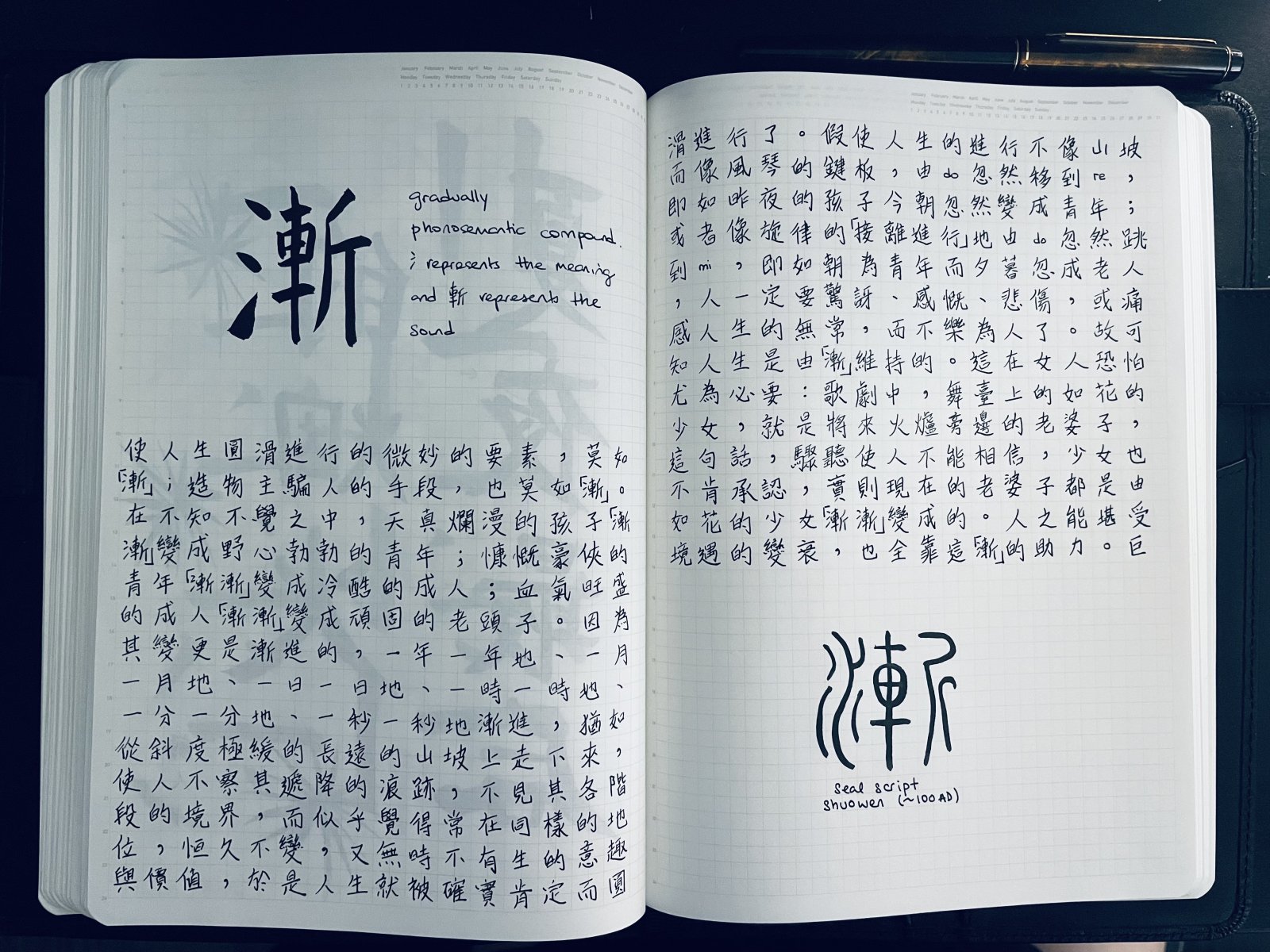
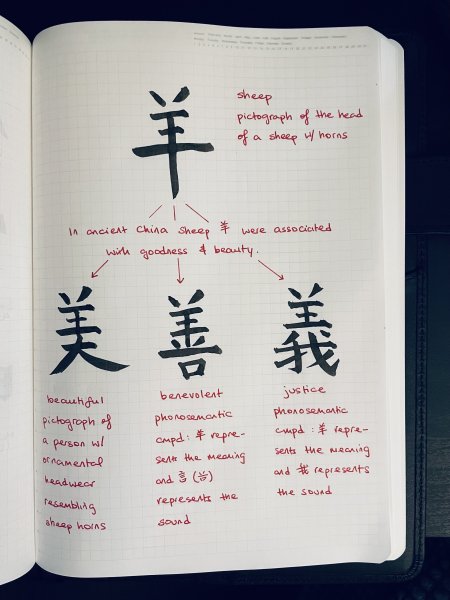
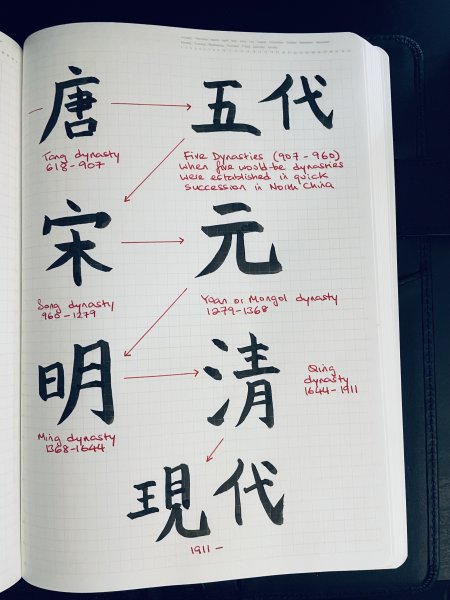
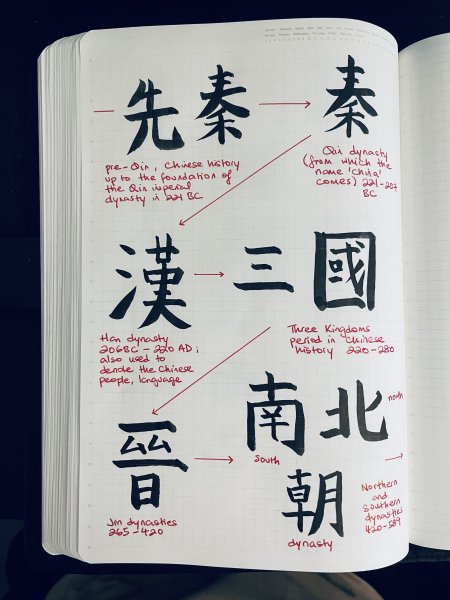
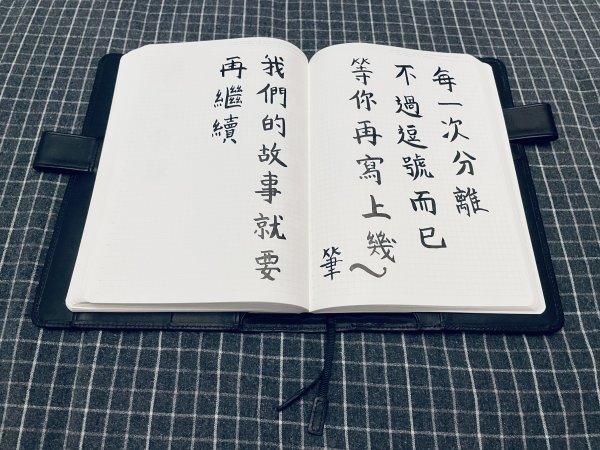
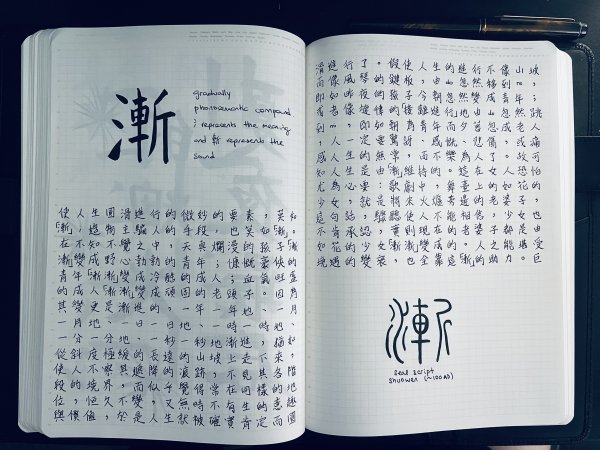
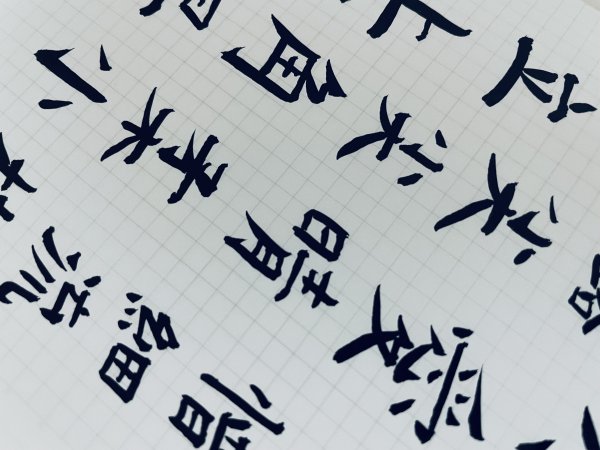
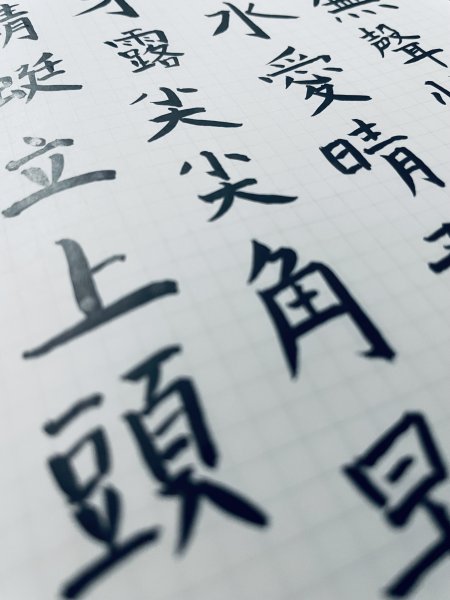
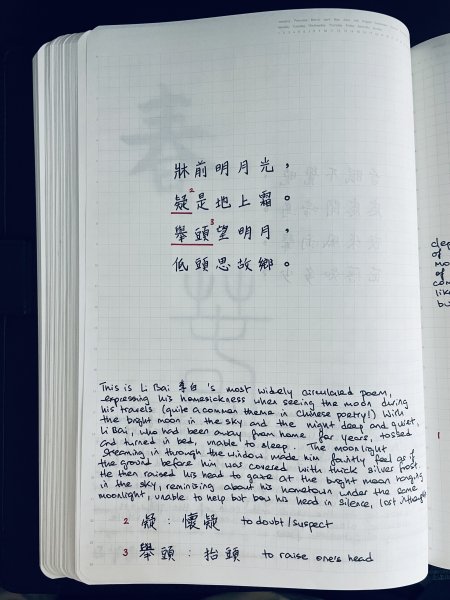
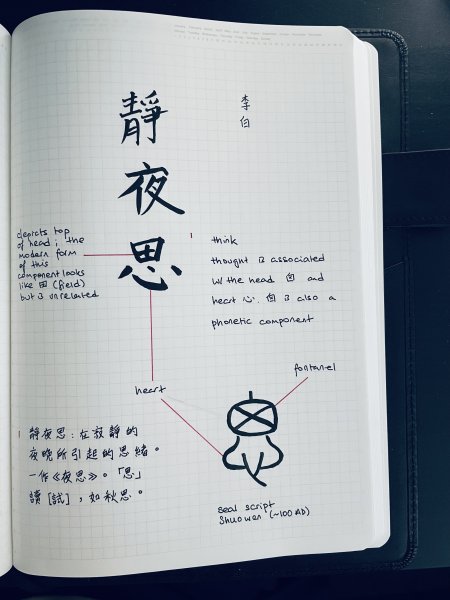
Recommended Comments
There are no comments to display.
Create an account or sign in to comment
You need to be a member in order to leave a comment
Create an account
Sign up for a new account in our community. It's easy!
Register a new accountSign in
Already have an account? Sign in here.
Sign In Now